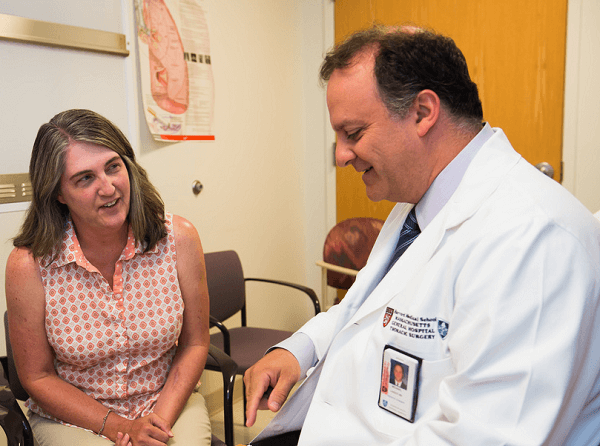Division of Thoracic Surgery
The Division of Thoracic Surgery provides expert diagnoses and innovative treatment options for patients with thoracic disorders.


Preparing for Surgery
Learn more about preparing for surgery and aftercare instructions in the Division of Thoracic Surgery at Mass General.
Our Treatments & Services
We provide comprehensive diagnoses, and innovative treatment and care for thoracic disorders.
Education & Training
We offer competitive opportunities for residents, fellows and medical professionals seeking continuing education.
Support Us
When you support the Division of Thoracic Surgery, you help us to ensure that we continue to bring state-of-the-art patient care..
News and Announcements
Learn More
The Division of Thoracic Surgery provides expert diagnoses and innovative treatment options for patients with thoracic disorders.

